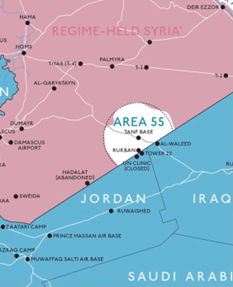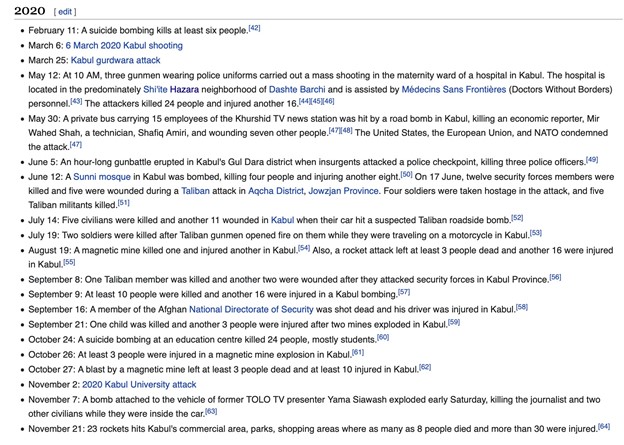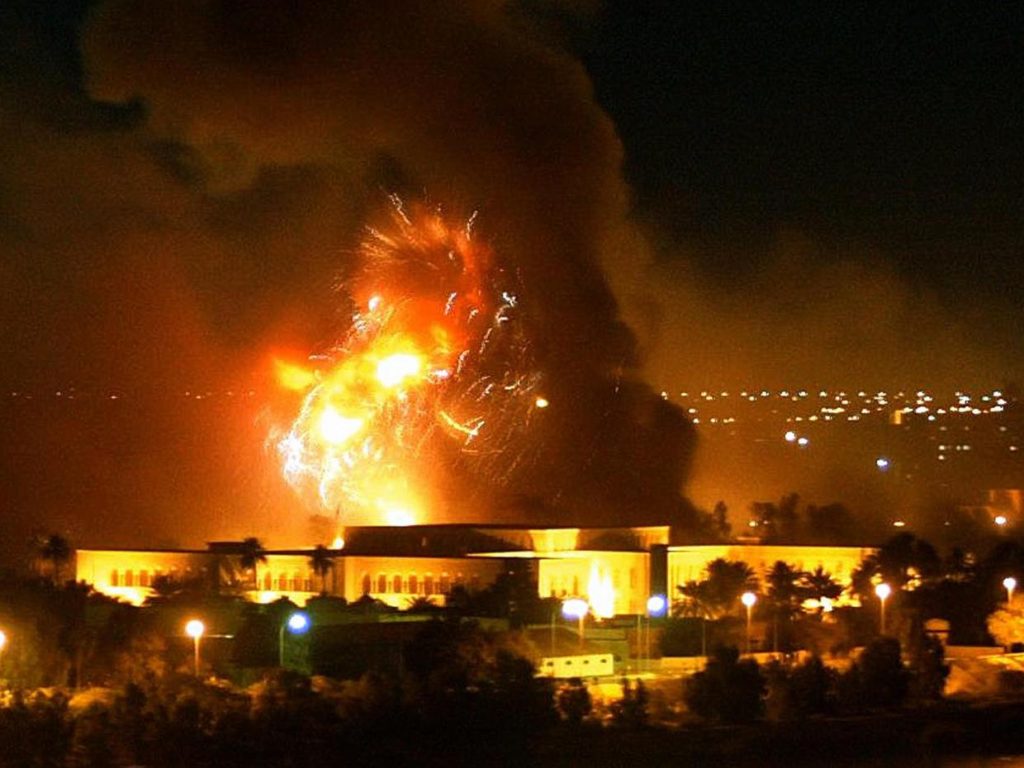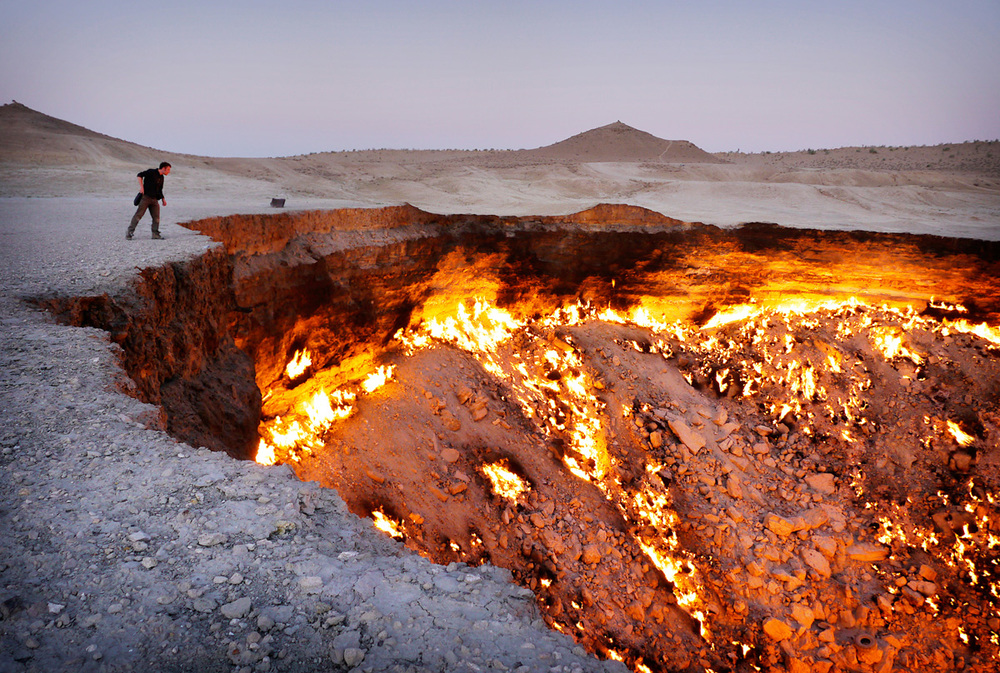The Daily Escape:

Highlands, Nantahala National Forest, NC – January 2024 photo by Michele Schwartz
The drone strike on a US base in Jordan killed three American troops and wounded at least 34 more. The base is called Tower 22. The attack has had several effects: First, it makes very real the likelihood of a widening conflict in the Middle East (ME). Second it has caused another partisan fire storm in US politics. Biden vowed to respond to the assault, blaming Iran-backed militias for the first US military casualties in the many similar strikes in the region since the start of the Israel/Hamas war. Here’s a map showing where the attack happened:

Basically, this is a logistics location for US troops in Syria at the US military base at al-Tanf, just 12 miles north of Tower 22. Tanf has been the key support location in the US effort to control ISIS in Syria and to contain Iran’s military build-up in eastern Syria. From AP News:
“Since the war in Gaza began Oct. 7, Iranian-backed militias have struck American military installations in Iraq more than 60 times and in Syria more than 90 times, with a mix of drones, rockets, mortars and ballistic missiles. The attack Sunday was the first targeting American troops in Jordan during the Israel-Hamas war and the first to result in the loss of American lives.”
The timing of this attack could hardly be worse. What began in October as a war between Israel and Hamas has now morphed with involvement by militants from four other Arab states. In addition Iran, Israel and Jordan all bombed Syria this month. Iran also bombed Pakistan, and Pakistan retaliated.
All of this is tit-for-tat in which American airstrikes against militias in Iraq or Syria, alternate with more militia attacks on the US installations. This illustrates the ME mission creep since last October. Whatever the original mission was for US troops in Syria, Jordan, and Iraq is now being sidelined as protection of the troop presence itself becomes the main concern.
All of these tit-for-tats carry an extreme risk of escalation into a larger conflict.
Iran has a network of proxy militias to project power across the ME. It is trying to support them while simultaneously trying to remain outside of the conflict. While Iran has tacitly accepted Israel’s targeting of Hamas, it has been loath to unleash Lebanon’s Hezbollah, fearing that Israel (or the US) will hit back at Iran directly. Iran would like to force Israel into a ceasefire in Gaza and force American troops out of the ME. So far, its proxies have achieved only an increased American presence.
If we assume that the Tower 22 hit was a deliberate hit, (the base has been there for several years), it’s certain that militias in the area knew where to hit it to achieve a maximum result. Expanding from that, the US has about a thousand bases scattered around the world that are used to influence local operations, etc. Up to now, the US has considered them as assets. But if they suddenly become targets, trying to defend them simultaneously will be as difficult as defending ships in the Red Sea: Impossible. On the other hand, they are excellent targets if the US wants to be provoked into attacking Iran.
If such attacks continue, the position of these bases is going to become untenable and will pose a massive political problem for Biden.
Biden has fallen into a trap. And worse, it is Israel that placed Biden in the trap by not even trying to find a way to de-escalate the war with Hamas and bring Israeli hostages home. Biden’s support for Israel and his gentle pressure on Netanyahu to stop killing Gazans hasn’t worked; it also helped Biden fall in the trap. Biden should stop letting Bibi lead him around by the nose.
Biden can retaliate directly inside Iran, which will likely escalate the tit-for-tat attacks. And if taken as far as certain Republican pols want to go, it will endanger the Straits of Hormuz and risk doubling oil prices.
Worse in some ways, direct retaliation inside Iran might lead Russia to announce Iran is under full protection of Russia’s nuclear umbrella. That would make the Russia-China-Iran axis a concrete and formidable enemy. That would be a terrible outcome, even though some American Neo-cons have been making noises about being able to “win” a nuclear war. Here are some Republican chicken hawk suggestions about Iran:
Sen. Roger Wicker (R-MI):
“We must respond to these repeated attacks by Iran and its proxies by striking directly against Iranian targets and its leadership. … It is time to act swiftly and decisively for the whole world to see.”
Sen. Tom Cotton (R-AK):
“The only answer to these attacks must be devastating military retaliation against Iran’s terrorist forces, both in Iran and across the Middle East.”
Rep. Andy Biggs (R-AZ) wrote:
“Joe Biden has emboldened Iran and shown weakness on the global stage. We have to have a stronger Commander-in-Chief.”
Talk is always cheap, and most of this is political theater. Biden could also conduct limited retaliatory missions against the actual militias in Syria who US Intelligence says attacked Tower 22. Whatever he does, Biden will suffer inevitable attacks from Republicans at home. All this with less than eleven months to go before Election Day.
As of now it isn’t clear how Biden intends to respond. In the past, when Trump targeted Quds Force General Qassem Soleimani, and other Iranian interests, the US conducted these actions outside of Iranian territory. Iran’s denial of direct involvement in the attack complicates the situation and makes it less likely that Biden will attack inside of Iran.
Striking militia leaders outside of Iran will cause Republicans to question the effectiveness of Biden’s tactics. The US has employed this type of retaliation in the past, but it hasn’t significantly curbed Iran’s or its proxies’ aggressive actions.
We need to keep perspective on the Tower 22 deaths. Republicans should remember that 48,000 Americans are killed by Americans with American-made guns every year. Of course our three soldiers should be honored, and we should retaliate. But if the loss of American lives is the big deal the Republicans say it is, then their indignation should be directed here at home in addition to in Jordan.
Otherwise, it’s false indignation.
All of us should remember that we have failed in every mission in the ME. We only accomplish growing our list of enemies like the Taliban, Al Qaeda, ISIS, Hamas, Hezbollah, the Houthis, Iran, Syria and whoever comes next if we stick around.










